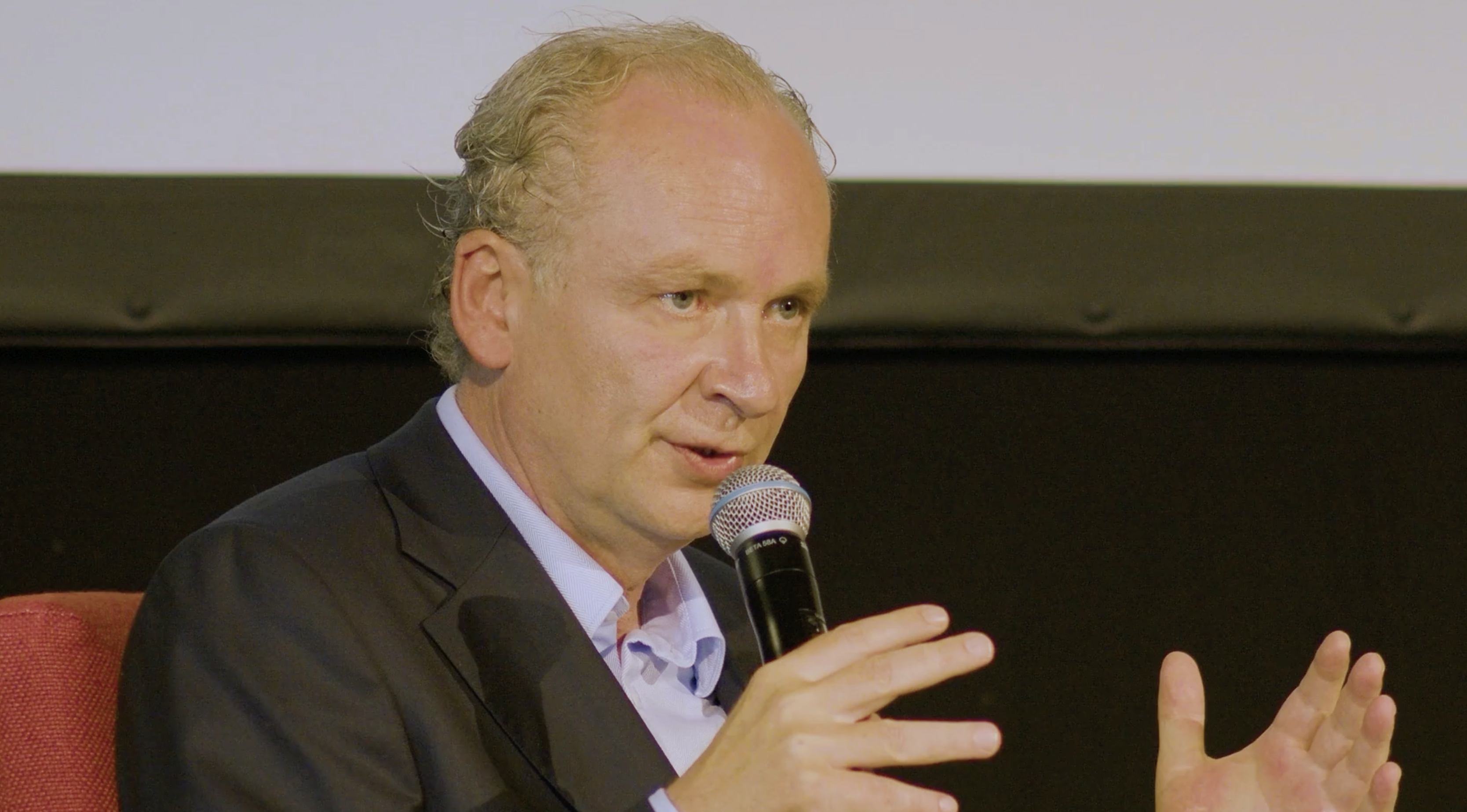Unsere Zeit birgt zahlreiche große Herausforderungen: Umweltzerstörung, der Krieg in der Ukraine, machtvolle Algorithmen, die Bedrohung der Rechtstaatlichkeit.
In der neuen Ausgabe des Magazins für Jurist:innen und Interessierte, dem Katzenkönig, hat Dr. Ulrich Karpenstein sein Plädoyer für Jeder Mensch erneuert. "Denn weder die überkommenen Verfassungen Europas noch die Grundrechte der Europäischen Union hatten die enormen Umwälzungen der letzten zwanzig Jahre im Blick".
Absolute Leseempfehlung für jeden Jeder Mensch Fan!
Das ganze Plädoyer findet ihr in der aktuellen Ausgabe des Katzenkönig (No. 7 Sommersemester 2023, S. 34 f.).










